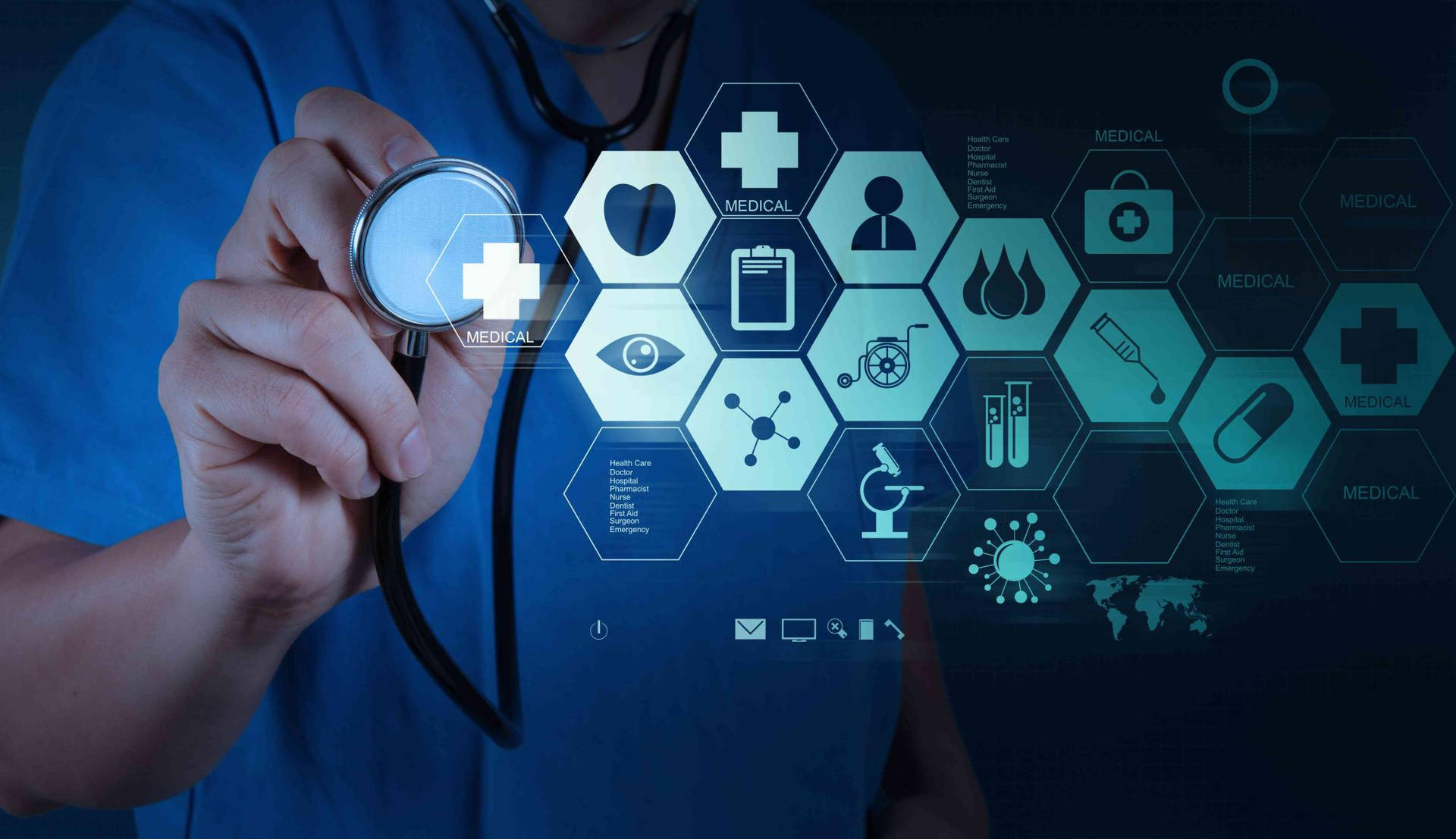The healthcare industry is evolving faster than ever, and with that comes an increasing need for skilled professionals ready to take on future challenges. But academic knowledge alone isn’t enough to prepare learners for the real-world complexities of healthcare. That’s where internships come in.
In this blog, we’ll explore why healthcare internships are a game-changer for learners, universities, and companies and how these experiences are shaping the next generation of healthcare leaders.
1. The Power of Real-world Experience in Healthcare Education
Healthcare is an industry that requires constant adaptation to new challenges, whether technological advancements, changing patient needs, or evolving healthcare policies. While classroom learning provides the foundational knowledge, hands-on experiences genuinely prepare learners for the realities of working in healthcare.
Healthcare internships offer students a chance to gain real-world exposure to critical aspects of the field, from clinical research to patient management systems. By participating in internships, learners can apply their theoretical knowledge practically, developing essential skills like problem-solving, communication, and teamwork—vital skills in healthcare settings.
.jpg?width=546&height=364&name=matheus-ferrero-yfmjALh1S6s-unsplash%20(1).jpg)
2. Why Healthcare Internships Matter to Universities, Institutions and Training Providers
Boosting Learner Employability:
It’s no secret that employers are looking for candidates with more than just a degree—they want professionals who can demonstrate practical experience. Healthcare internships allow learners to develop the hands-on skills employers seek, from data analysis to patient care management. These experiences set learners apart, making them more attractive to employers in the healthcare sector.
Strengthening Industry Relationships:
Internships also create opportunities for universities, institutions, and training providers to build strong relationships with healthcare organizations. When universities partner with hospitals, clinics, and public health institutions, they’re not only helping students gain valuable experience but also building long-term connections with the healthcare sector. These partnerships can lead to future collaboration, research opportunities, and graduate job placements.
Aligning with Institutional Values:
For many universities, institutions, and training providers, creating positive social impact is part of their core mission. Healthcare internships are an excellent way for institutions to align with that mission by providing students with opportunities to contribute to public health initiatives. Whether it’s developing educational campaigns or improving patient management systems, these internships allow learners to actively contribute to the well-being of communities.
3. How Healthcare Interns Can Contribute to Your Business
One of the key advantages of healthcare internships is the ability to immerse learners in impactful, real-world projects that contribute directly to improving healthcare systems. Here are some of the example projects healthcare interns could work on, offering real benefits to businesses in the sector:
Data Collection & Analysis in Clinical Research:
- Organize and analyze healthcare data for accuracy.
- Identify anomalies and cross-reference data with patient reports.
- Ensure the integrity of clinical research, aiding in breakthroughs and improved patient outcomes.
Designing and Implementing Professional Development Programs
- Assist in designing and implementing continuous professional development (CPD) programs for healthcare professionals.
- Help create learning materials and evaluate training outcomes.
- Contribute to refining curricula, ensuring professionals stay up-to-date with the latest practices.
Supporting Patient Management Systems (EHRs):
- Organize and update patient records in EHR systems.
- Assist with ensuring the accuracy of patient information.
- Support integrating new patient data and help medical staff navigate the systems.
Public Health Awareness Campaigns:
- Develop educational campaigns focusing on chronic diseases and preventive care.
- Research effective communication channels for health education.
- Create health-related content and assist in distributing materials to communities.
Patient Scheduling and Administrative Support:
- Assist with scheduling patient appointments and confirming visits.
- Manage patient inquiries, ensuring smooth operational flow.
- Gain experience in healthcare administration and improve operational efficiency.

With over 2,000 project templates at Virtual Internships, you can easily select and tailor a healthcare project that fits your specific business requirements. We’ll match you with the right intern to seamlessly integrate with your team and support your goals. Host a healthcare intern today!
4. A Partnership for Learners and Healthcare Organizations
Whether you're a university looking to offer your students valuable real-world experience or a healthcare organization seeking skilled interns to support your team, we can help foster meaningful connections.
By partnering, we can allow learners to develop essential skills in the healthcare field while supporting organizations with fresh talent and perspectives.
Let’s work together to shape the future of healthcare and give the next generation the tools they need to succeed.
- Companies: Bring remote interns into your team, customized to your business needs, with no cost and maximum value. Sign up here
- Educators: Provide flexible, tailored internship opportunities to all of your learners at any scale. Sign up here